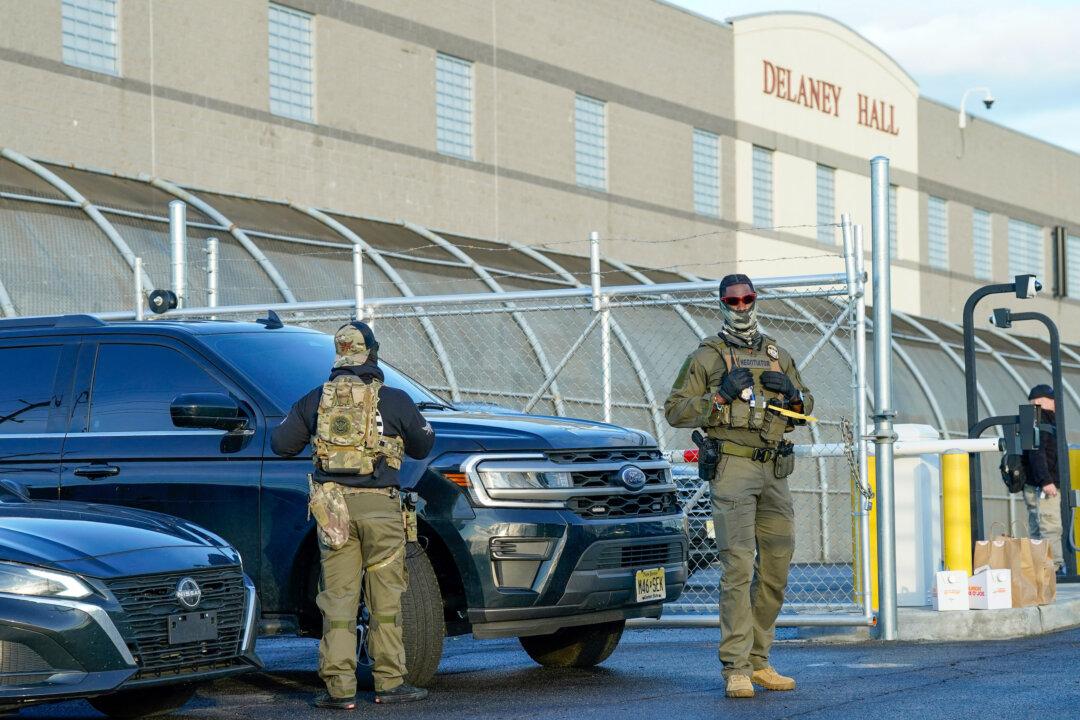The Supreme Court sided with the Biden administration last week, upholding the longstanding state-secrets evidentiary privilege that prevents the disclosure of information deemed injurious to national security.
In both cases, the high court reversed decisions of the often-overturned U.S. Court of Appeals for the 9th Circuit.





